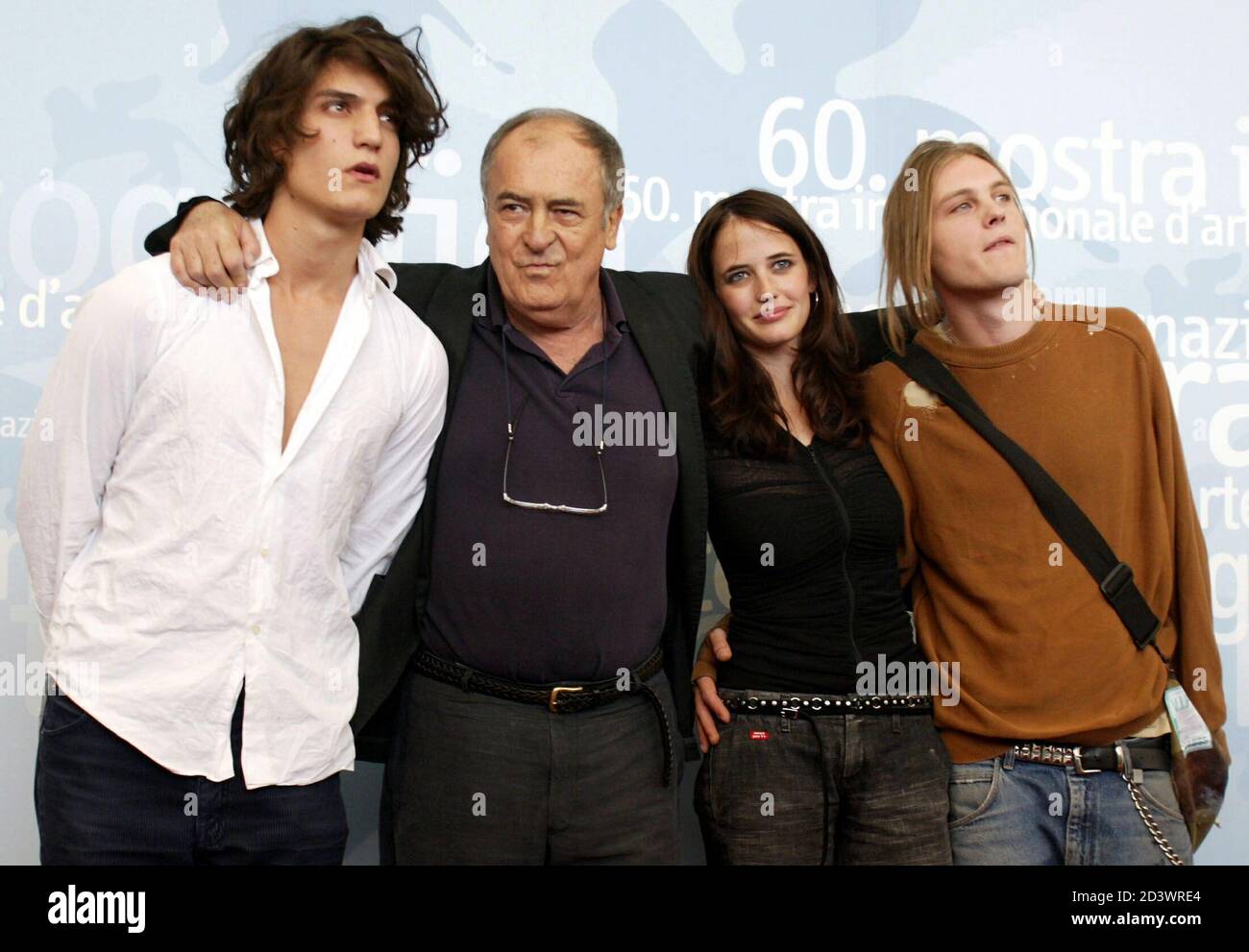

And while, for the most part, that might be the case, there are those of us who take film seriously, and even to us, The Dreamers would not stand up. There’s simply nothing here for the modern audience to take away, and yet, having said this, I can already anticipate the response – that modern filmgoers are an uncultured crowd, part of an MTV cycle of so much flesh and flash.

But neither is it informative enough to qualify as history poignant enough to inspire smart enough to stimulate or modern enough to connect. It’s a memory, put on film, trapped for decades for those who choose to remember. Unfortunately, I refuse to believe that any slowly-paced film containing large amounts of socially-important dialogue and overt sexual discovery qualifies immediately as art. It re-creates scenes from classic black-and-white movies, gracefully inter-cutting between the two. It references the history of film in fond detail, recalling Godard and Chaplin in the same, solitary breath.

It speaks of grand cinematic and social ideals and illustrates sex without sexuality. All at once, it’s a story of revolution and youth, of sex and cinema, telling the tale of two French twins who unravel the inhibitions of their new American friend. Set in 1968 France against the backdrop of a cinematic revolution, The Dreamers is essentially a film BY French New Wave nostalgics FOR French New Wave nostalgics, many of whom are dead or dying, so it’s difficult, on my end, to care very much. The Dreamers is ultimately one of those films that one respects more than enjoys. Because as The Dreamers unrolls its ultimately bland and colorless two hours across the screen, I still feel the need to enjoy it, to give it the respect that its subject matter demands, or else face the penalty of seeming so cinematically uncultured among my peers. Being seated in the dark among twenty or thirty other critics, many of whom are at least two decades older than myself, is a lesson in generational humility as much as it is patience. The experience of being a critic is an interesting thing, oftentimes exciting and oftentimes odd, but never without its lessons.Īs a twenty-something critic of this modern cinematic generation, watching Bernardo Bertolucci’s The Dreamers leaves me feeling shamefully dated. Watching The Dreamers is like taking a nap with your eyes open, but the dream, while it lasts, has value enough to remember.


 0 kommentar(er)
0 kommentar(er)
